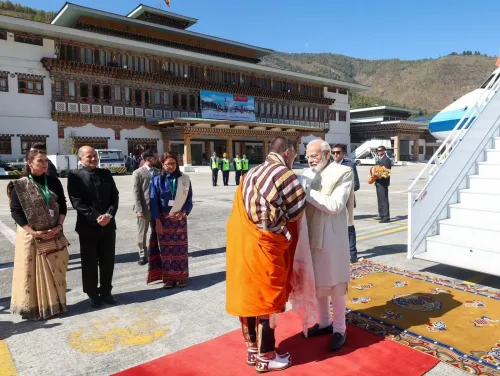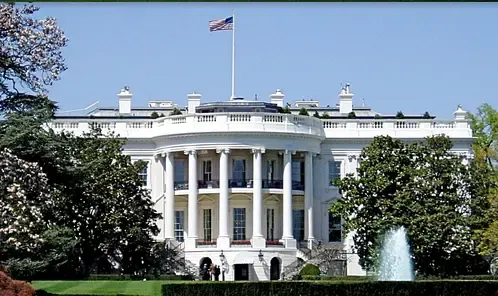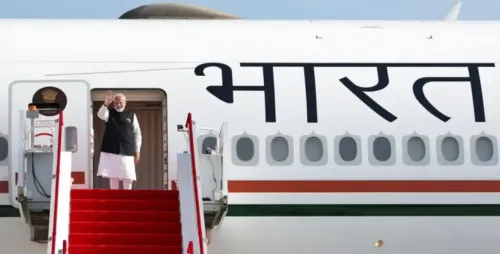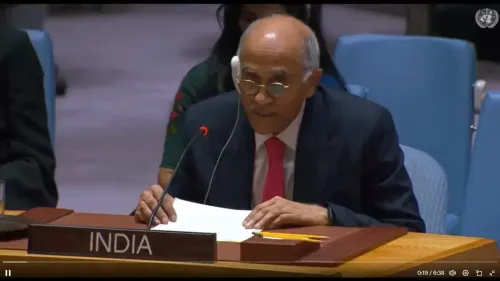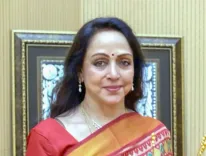African Nations Encouraged to Invest in Space Science Talent

Synopsis
Key Takeaways
- African nations must unite to develop human capital in space.
- Building local expertise in space science is critical.
- Countries are categorized based on their space programs.
- Youth training is essential for maximizing space opportunities.
- Collaboration and data-sharing are vital for progress.
Addis Ababa, Feb 15 (NationPress) African nations are encouraged to accelerate their collaborative efforts to nurture the continent's human capital in space science and technology to tap into its extensive opportunities.
During a media briefing at the ongoing 38th African Union (AU) summit in Addis Ababa, Ethiopia's capital, Tidiane Ouattara, President of the African Space Council of the African Space Agency, emphasized that the continent lacks the necessary expertise to fully exploit space science and technology.
Ouattara stated that the African Space Agency, a newly formed independent body within the AU, has been tasked with promoting the utilization of space science and technology through continental collaboration and the enhancement of relevant knowledge and skills.
"Building local capacity is one of our essential goals. Given that space science is still emerging in Africa, we recognize the necessity to cultivate a critical mass and increase the number of young individuals knowledgeable in space science," Ouattara remarked.
He highlighted the vital need for coordination among space initiatives, categorizing African nations into three groups based on their experience and involvement in the field.
Countries such as Nigeria, Algeria, Egypt, South Africa, and Morocco are leading the charge in Africa's space endeavors, while newcomers like Ethiopia, Gabon, Rwanda, and Kenya are making strides, according to Xinhua news agency.
However, he pointed out that most African countries lack dedicated space policies and institutions.
"Over 60 percent of Africa's population is young, presenting us with opportunities. If we provide them with proper training, we can leverage their abilities for various space science applications, such as disaster risk reduction, climate change adaptation, rural development, and urban development," Ouattara stated.
He acknowledged the lack of strong data-sharing practices and policy frameworks within Africa's space sector, emphasizing the importance of improved coordination and collaboration to facilitate data exchange benefits among countries.
"We cannot progress in space without partnerships, both within Africa and internationally," he concluded.

